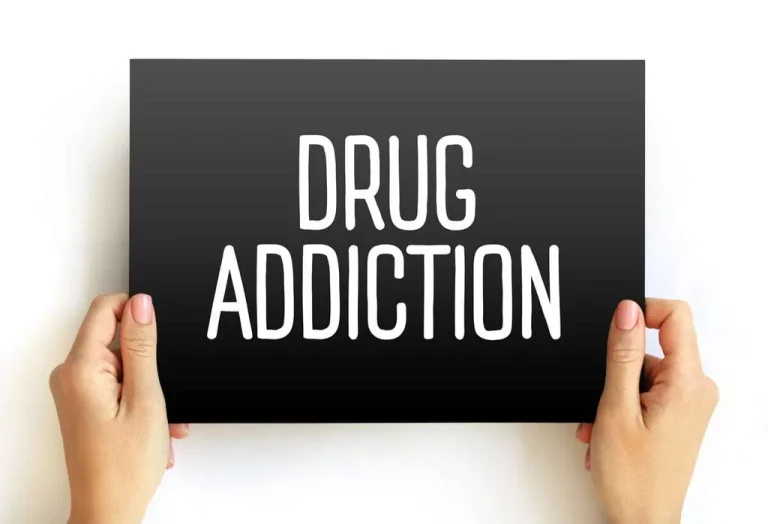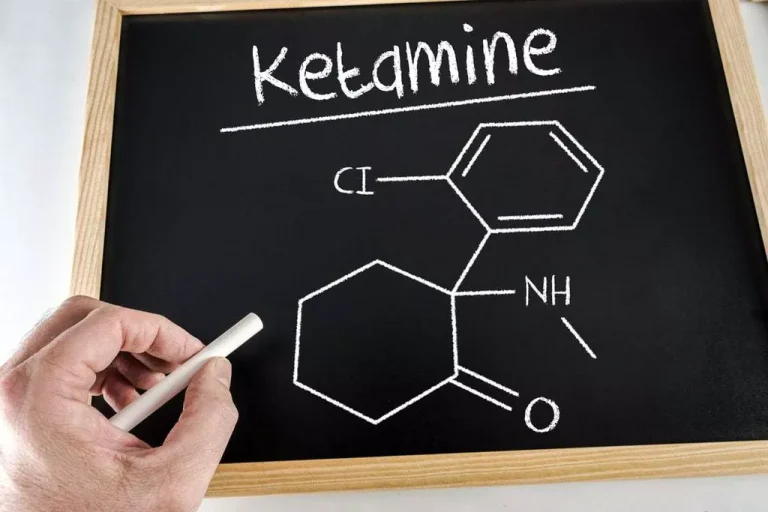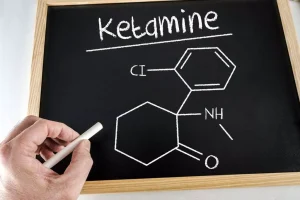Alcohol Allergies and Intolerance

However, only around 20% of those surveyed completed alcohol intolerance and returned the questionnaire. As a result, the study’s findings may be an under-representation. It is difficult to establish a full picture of the prevalence of alcohol intolerance, though.

Changes in alcohol tolerance over time

However, in some cases, what seems to be alcohol intolerance may be your reaction to something in an alcoholic beverage—such as chemicals, grains, or preservatives. Combining alcohol with certain medications also can cause reactions. Integrated care models that include collaboration among various health professionals are recommended for comprehensive management of alcohol-related health issues.
- If you have alcohol intolerance, drinking even tiny amounts of alcohol can cause you to flush, usually within 20 to 30 minutes of drinking.
- Additionally, medications only help mask symptoms and do not help with the underlying problem.
- A deficiency or inactivity of ALDH2 leads to the accumulation of acetaldehyde, triggering various intolerance symptoms.
- Sudden onset alcohol intolerance can be perplexing and concerning when it develops.
- For people who have alcohol intolerance due to a medication, stopping the medication will likely resolve the alcohol intolerance.
Alcohol Allergies and Alcohol Intolerance

Hodgkin’s lymphoma is a type of cancer that can affect your lymphatic system. Many people with Hodgkin’s lymphoma develop enlarged lymph nodes. But in rare cases, they become painful after alcohol consumption. It’s possible to develop an alcohol allergy at any point in your life. Sudden onset of symptoms may also be caused by a newly developed intolerance.

Is alcohol intolerance a symptom of long COVID-19?
- COVID-19 is a new disease, and much research is still being done on its long-term effects.
- The symptoms of alcohol allergy can be very similar to alcohol intolerance.
- Alcohol intolerance is an immediate and unpleasant reaction to consuming alcohol.
- However, if you have a serious reaction or severe pain, see your doctor.
- However, acetaldehyde is still highly toxic and can significantly increase the risk of cancer.
- If your body doesn’t produce enough active DAO, you may react to histamine in foods and beverages.
It typically occurs because of a genetic difference that makes the body unable to break down alcohol efficiently. In some cases, reactions can be triggered by a true allergy to a grain such as corn, wheat or rye or to another substance in alcoholic beverages. A food allergy activates the immune system rather than the digestive system. A food allergy may cause hives and other rashes, difficulty breathing, wheezing, and, in severe cases, anaphylaxis.
Recognizing Immediate Symptoms of Alcohol Intolerance
Depending on the allergy severity, a person may treat symptoms with over-the-counter medications, such as oral antihistamines, if the reaction is mild. If a person is allergic to a particular ingredient found in some drinks, they could switch to drinks that do not contain it. If someone experiences a severe allergic reaction, they should go to the emergency room immediately.

- Although red wine is especially high in histamines, all alcoholic beverages have high levels of histamine.
- This accumulation can cause facial flushing, nausea, rapid heartbeat, and headaches – the telltale signs of alcohol intolerance.
- The rapid onset of a headache will coincide with the other symptoms.
- In some cases, over-the-counter or prescribed medications might help alleviate symptoms.
- While research on alcohol intolerance post-COVID-19 is limited, numerous anecdotal reports suggest that alcohol intolerance could be a symptom of long COVID for some individuals.
The same applies to distilled alcohol made from wheat if you have a wheat allergy. Consulting with a healthcare provider is essential for an accurate diagnosis. Food intolerance can cause significant distress and impact your day-to-day life. If you’re looking to learn more, consider visiting us at Everlywell. We offer a range of lab tests and virtual care services that can help you get to the bottom of your health concerns. This connection could provide insights into how long COVID might contribute to alcohol intolerance.
An allergy to alcohol has a very different cause from alcohol intolerance. Someone with an alcohol allergy has an allergic reaction when exposed to alcohol or to a component of alcohol. Often, it is not actually an allergy to alcohol itself but to a component of the alcohol, like grapes or hops. The symptoms are caused because the body’s immune system becomes overactive and attacks something found in the alcohol. Understanding the relationship between alcohol intolerance and health conditions is essential for managing symptoms and preventing future reactions. In severe cases, complete avoidance of alcohol may be necessary to avoid uncomfortable or hazardous outcomes.
Lifestyle Quizzes
If someone believes they have an alcohol allergy or intolerance, they should stop drinking alcoholic drinks and visit their healthcare provider for testing and advice. If you have a true alcohol allergy, the only way to avoid symptoms is to avoid alcohol entirely. Read the ingredient lists of foods and drinks, ask restaurant staff for information about menu items, and avoid products that contain alcohol. Diagnosis typically involves a thorough review of medical history, physical examination, and laboratory testing to rule out other conditions like alcohol allergy or histamine intolerance.
